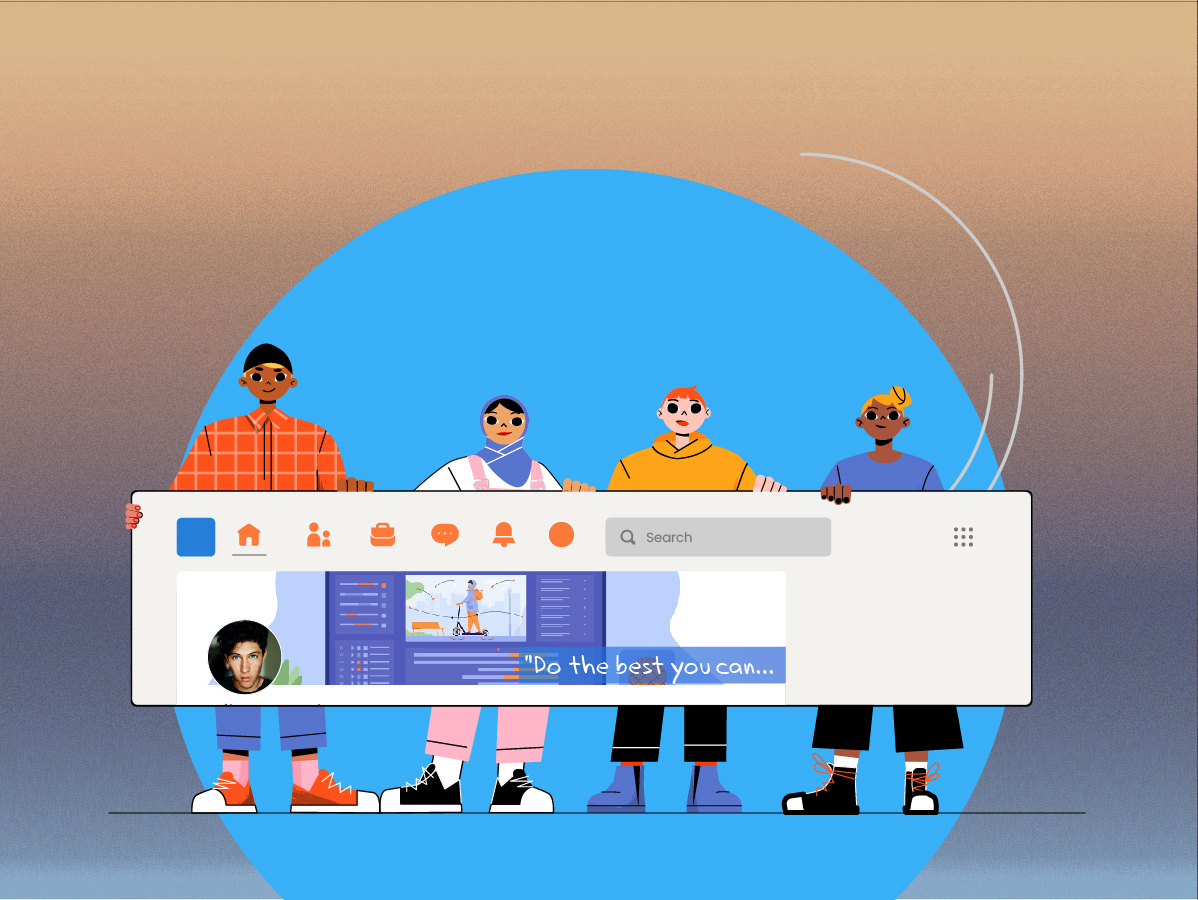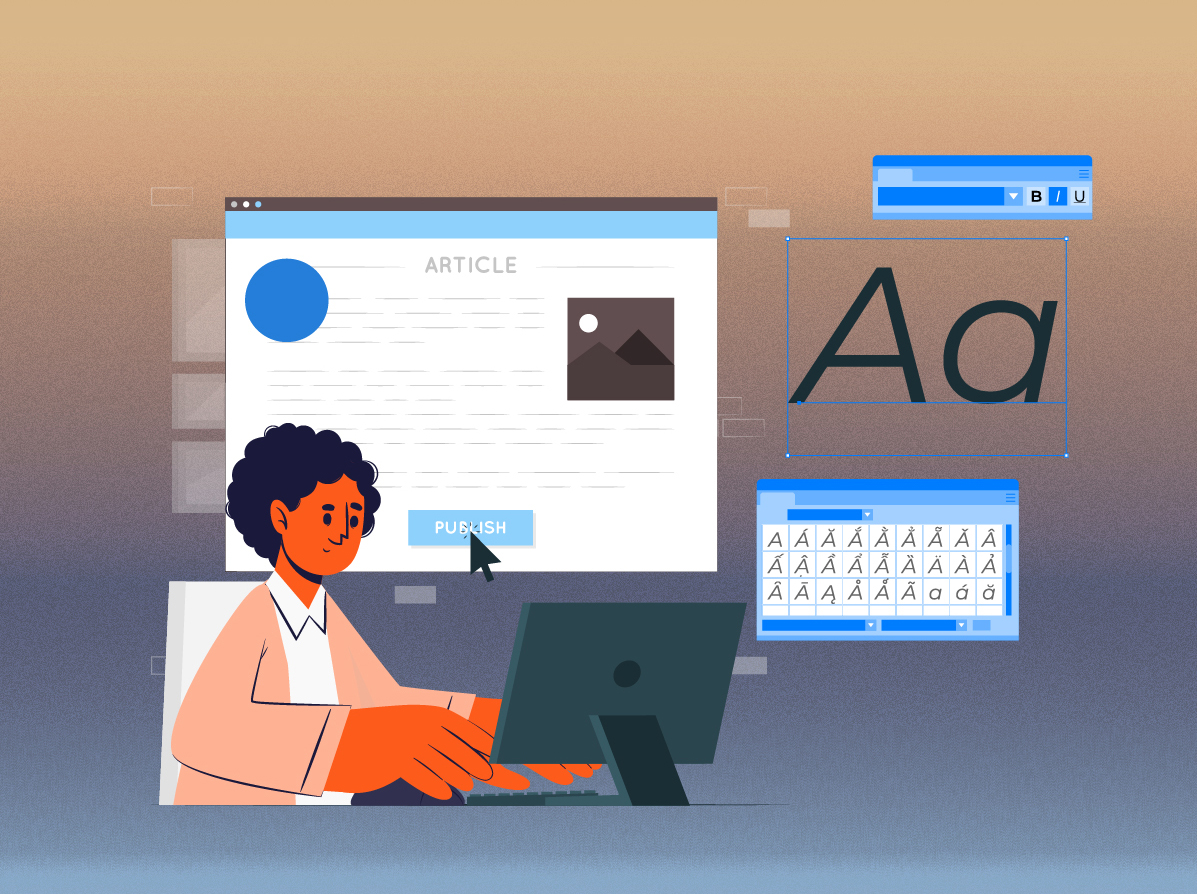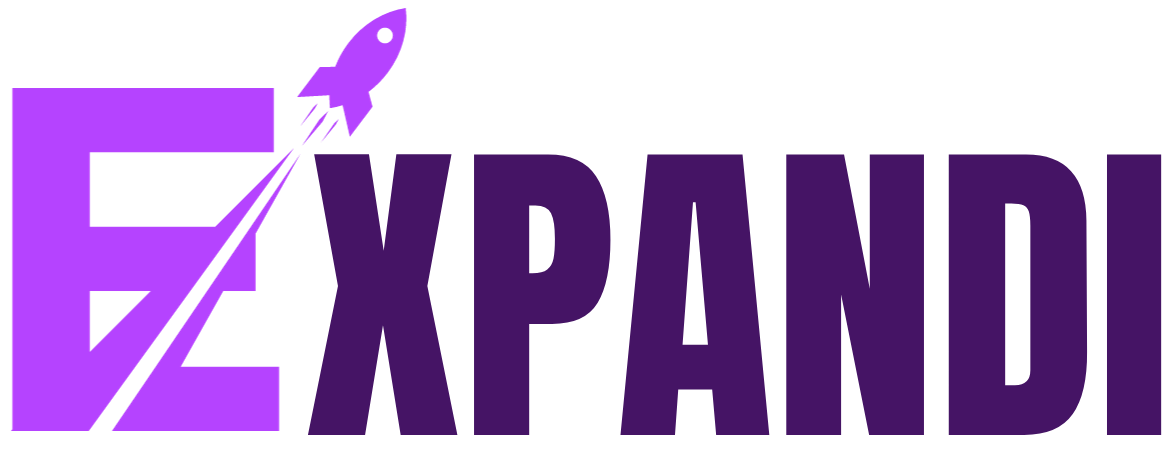Personal branding is a popular and valuable topic of discussion in the sales community. Social media platforms provide SDRs (Sales Development Representatives ) excellent opportunities to leverage their skills and expertise. They can engage in conversations with their target audience, share relevant content with potential leads, and assist decision-makers actively seeking products or services.
Sales Development Representatives (SDRs) are crucial for businesses to generate leads and drive revenue. However, more than simply meeting quotas is required in today’s competitive sales landscape.
Join expandi in this blog post as we delve into the concept of personal branding for SDRs. We will explore its benefits and the potential downsides of personal branding. Finally, we will provide practical tips on how SDRs can successfully build and leverage their personal brand to excel in their roles.
Let’s dive into it!
What is Personal Branding?
Personal branding is intentionally creating and managing a distinct professional identity and reputation. It involves crafting a unique image that reflects your skills, expertise, and values and influences how others perceive you.
In the context of Sales Development Representatives (SDRs), personal branding focuses on building an authentic and compelling image that connects with potential clients, existing customers, and industry peers.
Furthermore, by actively shaping their personal brand, SDRs can establish themselves as credible and trustworthy professionals. It goes beyond simply fulfilling the role’s responsibilities; personal branding allows SDRs to differentiate themselves in a competitive sales landscape. It involves defining their strengths, values, and unique selling propositions and effectively communicating these aspects through various channels.
Through personal branding, SDRs can create a lasting impact and leave a positive impression on prospects, clients, and colleagues. It helps build trust, credibility and establishes them as knowledgeable experts in their field. By consistently showcasing their expertise and unique value, SDRs can cultivate meaningful connections, attract new opportunities, and advance their sales careers.
The Benefits of SDRs Personal Branding
Let’s uncover the myriad of benefits that come with SDR personal branding:
Differentiation:
Personal branding goes beyond the standard job description and allows SDRs to showcase their unique skills, experiences, and perspectives. It helps you stand out from the crowd by highlighting what sets you apart and leaves a lasting impression on prospects and clients.
Consequently, your personal brand becomes a powerful tool for differentiation, helping you carve out a niche for yourself in the competitive sales landscape. With an authentic personal brand, you can showcase your distinct value proposition and attract the attention of your target audience.
Trust and Credibility:
A strong personal brand establishes trust and credibility with prospects. Consistently delivering on your promises and showcasing your expertise builds a reputation for reliability and trustworthiness. When prospects view you as a credible professional, they are more likely to engage with you and consider your recommendations.
Building a reputable personal brand allows you to cultivate stronger relationships with prospects and clients, leading to increased sales opportunities and customer loyalty.
Career Advancement:
A well-crafted personal brand can open doors to new career opportunities and professional growth. By showcasing your skills, achievements, and industry knowledge through your personal brand, you become more visible and attractive to employers and decision-makers.
Accordingly, your personal brand acts as a reflection of your professional capabilities, making you a strong candidate for promotions, leadership roles, and exciting career advancements. It positions you as a standout performer in your field and increases your chances of being recognized and rewarded for your contributions.
Thought Leadership:
Personal branding enables SDRs to position themselves as thought leaders in their field. By consistently sharing valuable insights, expertise, and industry trends, you can establish yourself as a go-to resource for industry knowledge.
Being recognized as a thought leader enhances your personal brand and boosts your credibility and influence. It attracts high-value prospects who are seeking guidance and advice, and it fosters a reputation for being a trusted advisor. Thought leadership not only elevates your personal brand but also opens doors to exciting opportunities and collaborations.
Networking and Collaboration:
A strong personal brand helps you build a diverse and robust professional network. By actively engaging with industry peers, mentors, and potential clients, you can foster collaborations, gain valuable insights, and access resources that contribute to your professional growth. Your personal brand acts as a magnet, attracting like-minded professionals who value connecting with you.
This network offers opportunities for collaboration, knowledge exchange, and support. Building and nurturing relationships within your network can lead to mutually beneficial partnerships, referrals, and access to new opportunities in the sales industry.
Downsides to SDRs Personal Branding
While personal branding can be highly beneficial, it’s essential to be aware of potential downsides, such as:
Time and Effort:
Developing a strong personal brand as an SDR requires dedication and consistent effort. Building an online presence, engaging in networking activities, and creating valuable content all take time and energy. Balancing these personal branding activities alongside your core responsibilities as an SDR can be challenging and may require effective time management and prioritization.
Overshadowing Team Branding:
While personal branding is important, it’s crucial to maintain the branding efforts of your sales team or organization. Collaborative success relies on a cohesive team identity and a shared mission. Overemphasizing personal branding without considering the team’s brand can create a disconnect and hinder collaboration and teamwork.
Increased Scrutiny:
As your personal brand gains visibility, you may face increased scrutiny from prospects, clients, and colleagues. Higher expectations may be placed on you, and any inconsistencies or shortcomings in your performance may be more closely observed. Even so, it’s important to maintain high professionalism and consistently deliver on your brand promises to meet the expectations that come with a strong personal brand.
Potential for Misalignment:
Authenticity is key in personal branding. Presenting a false or exaggerated image can lead to misalignment between the projected brand and your actual capabilities. It’s crucial to ensure that your personal brand accurately represents who you are, your skills, and your values. Therefore, remember authenticity builds trust, and misalignment can damage your credibility and reputation.
Limited Control:
Despite your best efforts, personal branding comes with the realization that you have limited control over how others interpret and perceive your brand. People’s opinions may vary, and misconceptions can arise. While it’s important to shape your brand through consistent actions and values, it’s essential to be prepared for different interpretations and judgments.
How to Build a Successful SDR Brand?
Let’s discover some simple yet effective strategies to build a successful SDR brand.
Define Your Brand Identity:
To build a strong personal brand as an SDR, take the time to reflect on your strengths, skills, and unique qualities. Identify what makes you stand out from the competition and how you want to be perceived by prospects and colleagues. Thus, this self-awareness will form the foundation of your personal brand identity, allowing you to showcase your authentic self and connect with others on a deeper level.
Develop a Personal Brand Statement:
A concise and impactful personal brand statement is crucial to communicate your value proposition as an SDR effectively. This statement should clearly articulate the unique benefits and solutions you offer to prospects and clients. It should capture your expertise, passion, and the distinct qualities that make you a standout SDR.
Nonetheless, crafting a compelling personal brand statement will help you create a strong first impression and establish yourself as a trusted professional in the industry.
Establish an Online Presence:
Creating a professional and compelling online presence is essential for SDRs in today’s digital age. Start by optimizing your LinkedIn profile, highlighting your achievements, skills, and industry knowledge.
Accordingly, utilize relevant keywords to improve your visibility in search results. Regularly update your profile with new accomplishments and engage with industry-specific content and discussions to build your online reputation. Consistency and professionalism in your online presence will enhance your personal brand and attract the attention of potential prospects and industry peers.
Leverage Social Media:
In addition to LinkedIn, strategically leverage other social media platforms such as Twitter, Instagram, or Facebook to connect with prospects and industry peers. Share valuable insights, industry news, and thought leadership content that positions you as a knowledgeable SDR.
Engage with others’ posts, actively participate in relevant conversations, and build meaningful relationships within your professional network. By leveraging social media effectively, you can expand your reach, establish credibility, and strengthen your personal brand as an SDR.
Create and Maintain Relationships:
A fundamental component of personal branding is networking. Attend industry events, join professional associations, and actively engage with colleagues and mentors. Offer assistance, share your expertise, and provide value to others to foster genuine and mutually beneficial relationships. Building a strong personal brand is not just about self-promotion but also about building connections and supporting others. By nurturing relationships, you can amplify your personal brand, gain valuable insights, and open doors to new opportunities.
Continuous Learning:
To stay ahead in the competitive world of sales, it’s crucial to invest in continuous learning and professional development. Stay updated on industry trends, sales methodologies, and emerging technologies by seeking out training programs, attending webinars or conferences, and regularly reading industry publications.
Demonstrating a commitment to ongoing learning and growth will further establish you as a credible and reliable SDR. Embrace a growth mindset, seek out new knowledge and skills, and leverage your continuous learning journey to enhance your personal brand and excel in your role as an SDR.
Conclusion
Sales development representatives (SDRs) need personal branding to succeed because it helps them stand out in a crowded sales environment and forge lasting connections with potential customers. Through personal branding, SDRs can differentiate themselves based on their unique value proposition, establish trust and credibility, and open doors to new opportunities.
Furthermore, by defining their brand identity, leveraging online platforms, and nurturing relationships, SDRs can enhance their visibility and position themselves as thought leaders in their industry. Building a strong personal brand allows SDRs to showcase their expertise and knowledge, making them valuable resources for prospects and colleagues.
However, it is important to balance personal branding and team collaboration, manage increased scrutiny, and ensure authenticity in projecting their brand. SDRs must invest time and effort in building their personal brand while fulfilling their core responsibilities.
Personal branding empowers SDRs to stand out, establish credibility, and create new avenues for growth and advancement in the sales industry. By embracing personal branding, SDRs can take their careers to new heights and become influential figures within their field.
Also, check out:
expandi, through which you can find high-quality leads and carry out creative sequences such as sending friend/follow request messages, comments on prospects’ posts, and messages. The autopilot is designed to accelerate your growth by interacting with your target market of individuals interested in real estate, sending pre-scheduled messages, and tracking their reactions.
Download the free extension today to start your 30 days free trial.
Pick up your next read⤵
Sales Forecast Methods — How to Predict Your Sales for Permanent Growth








